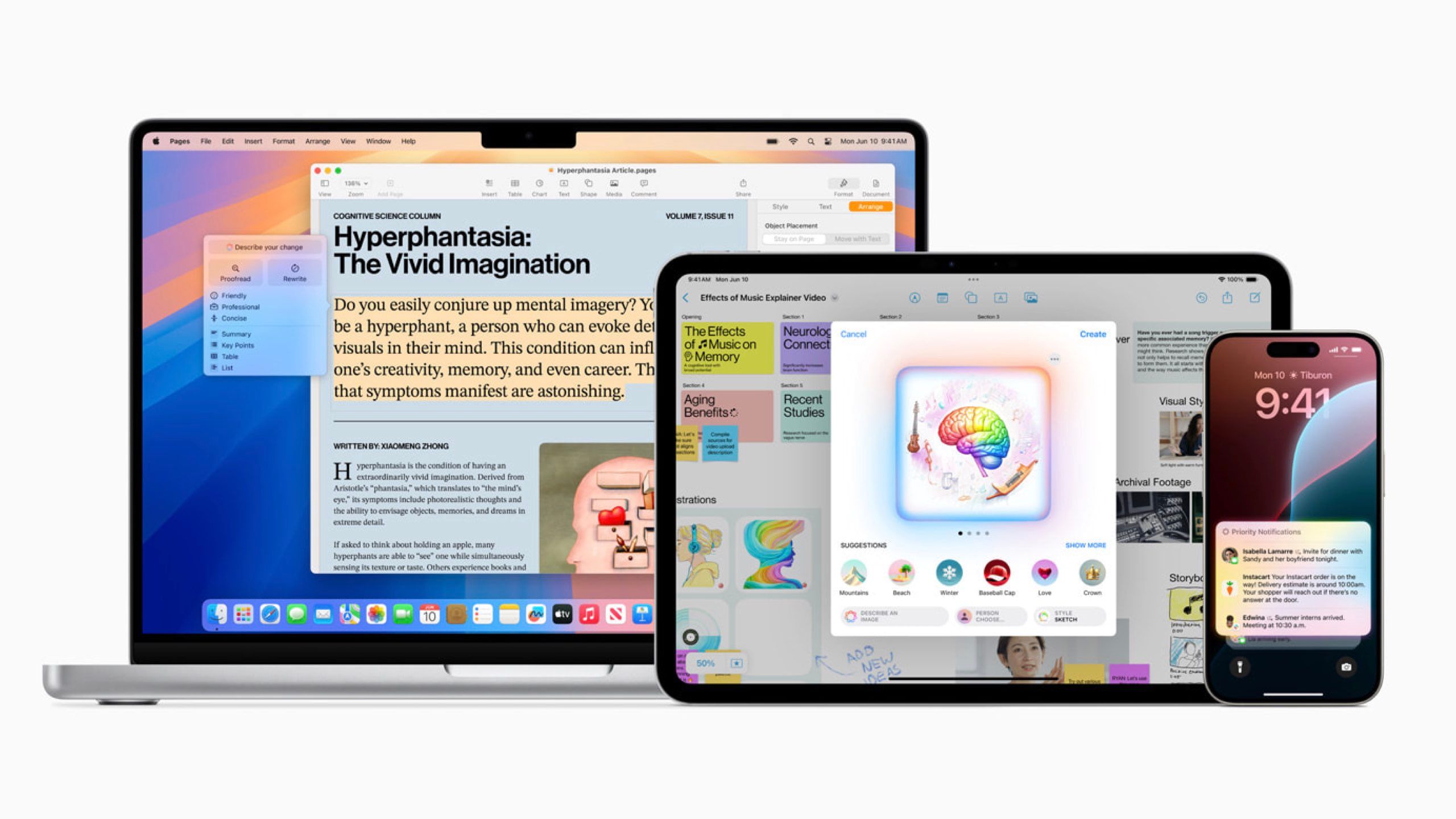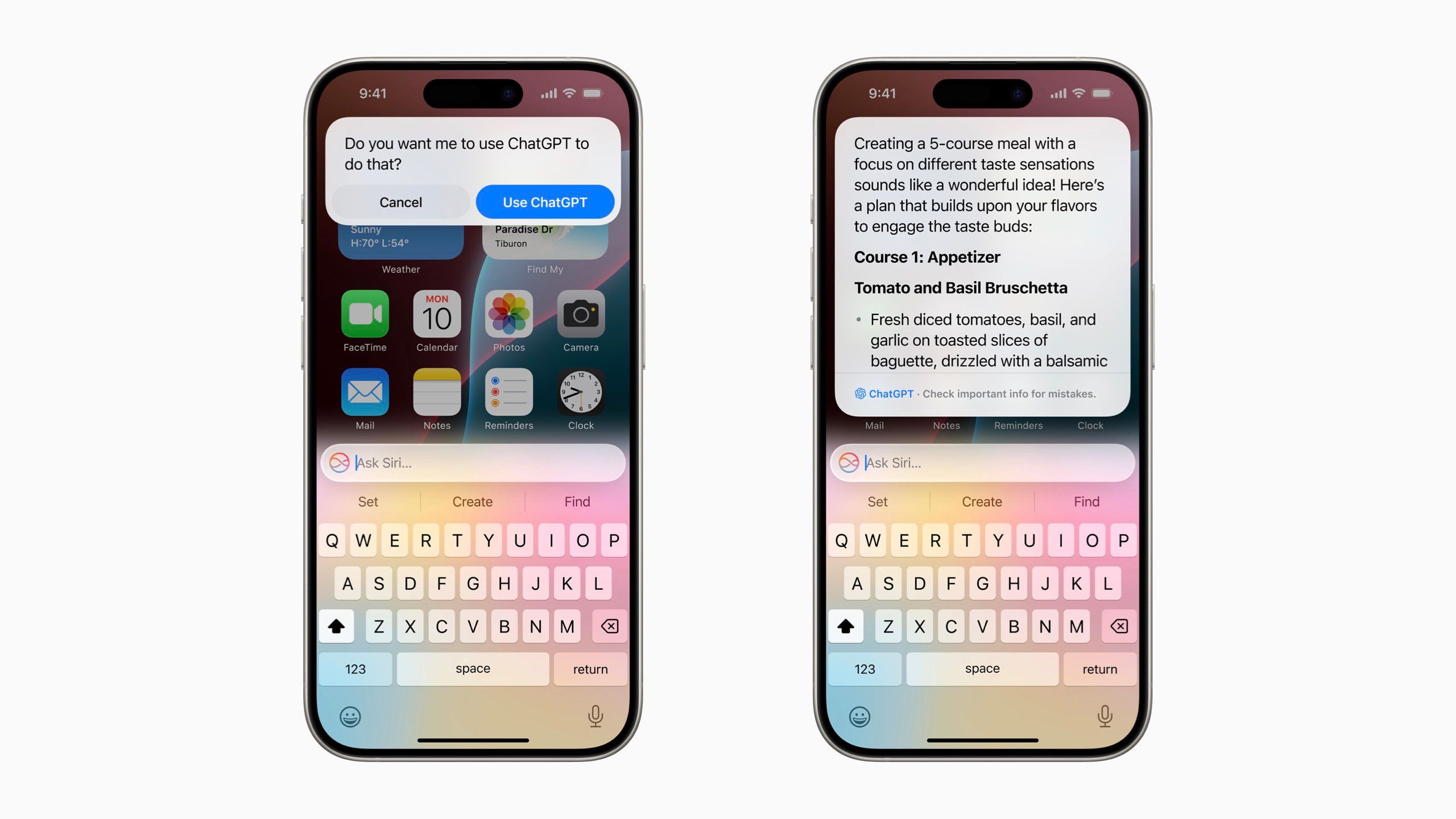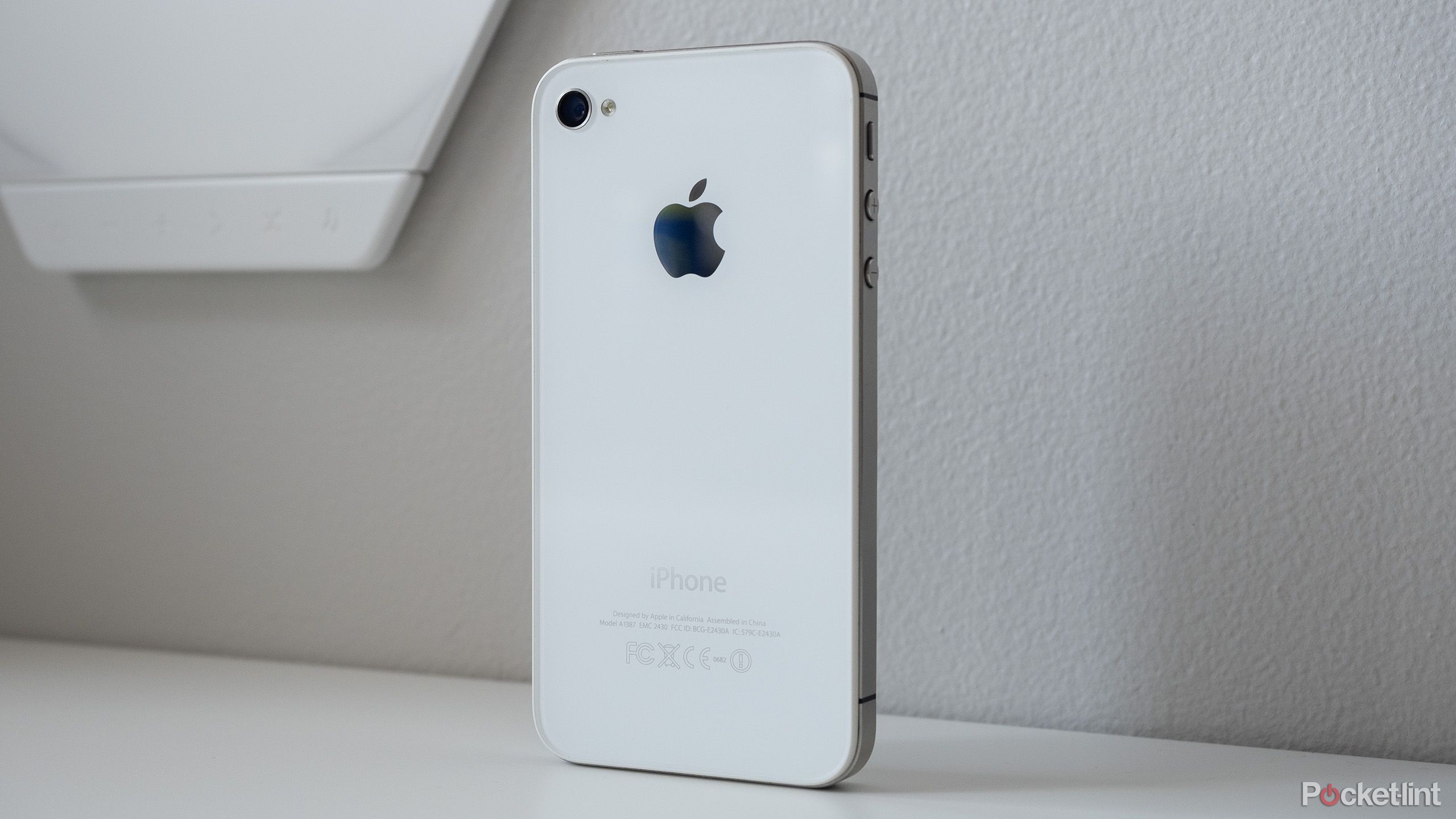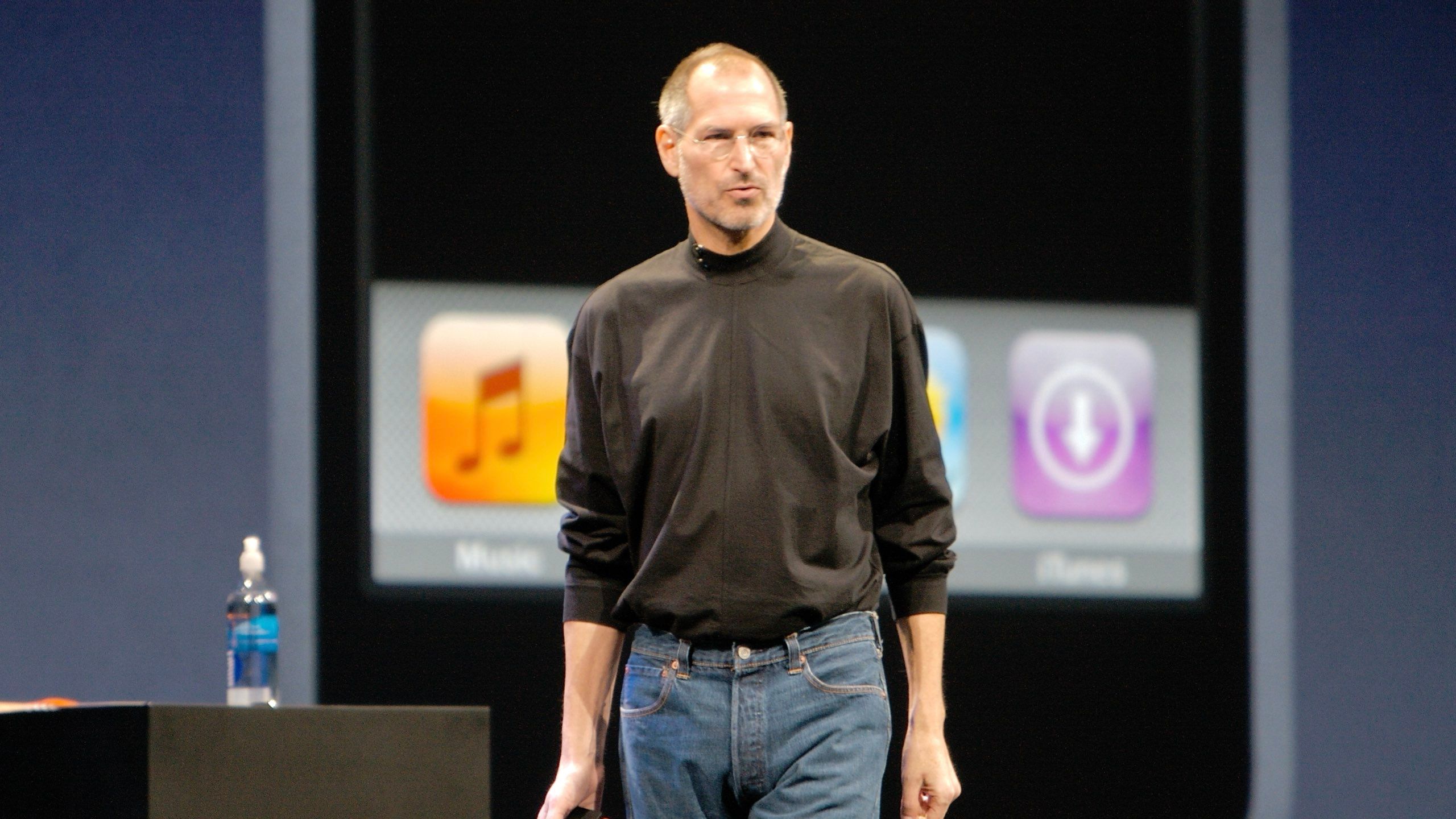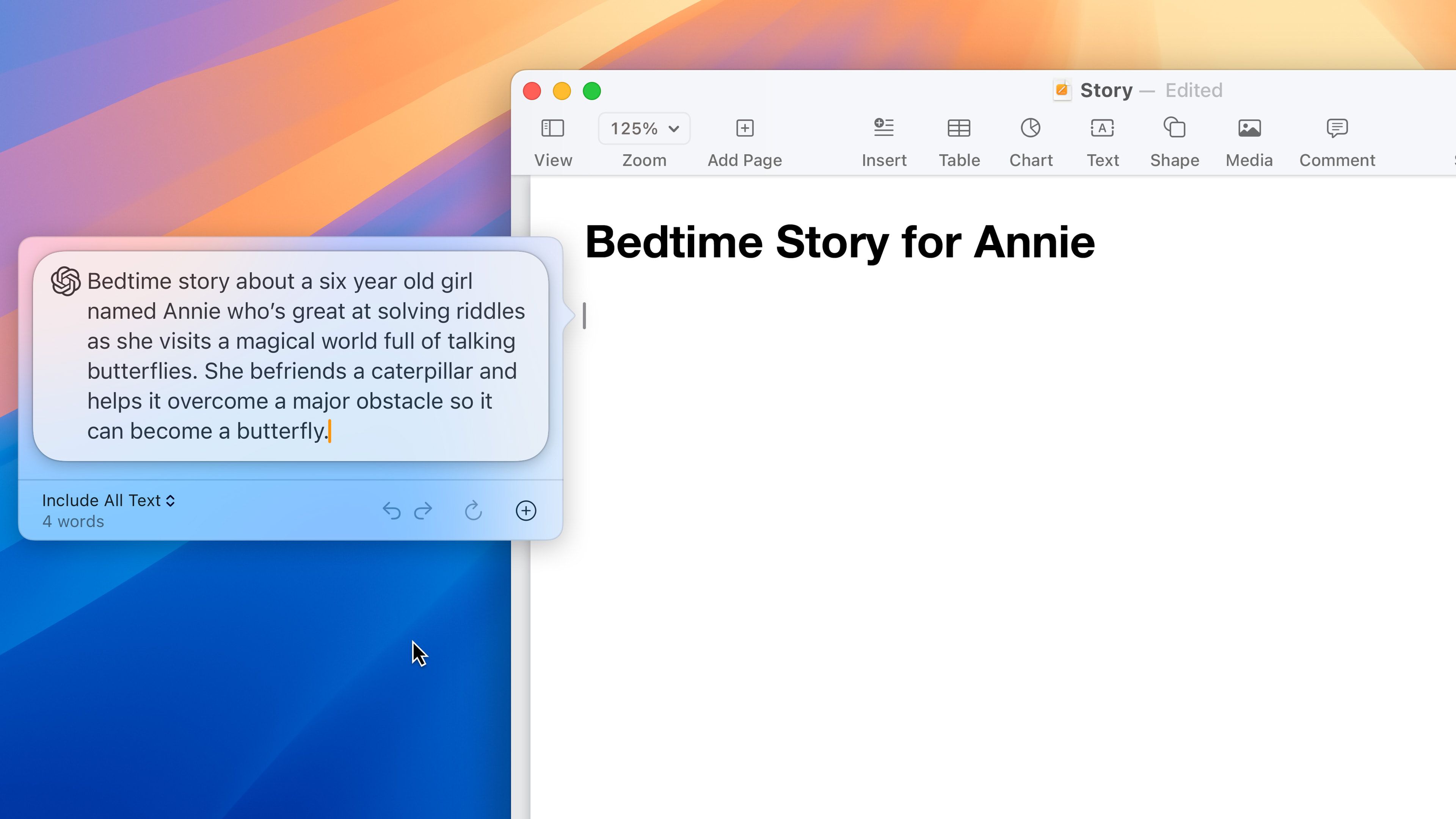Jobs
Steve Jobs would have hated this iOS 18 feature
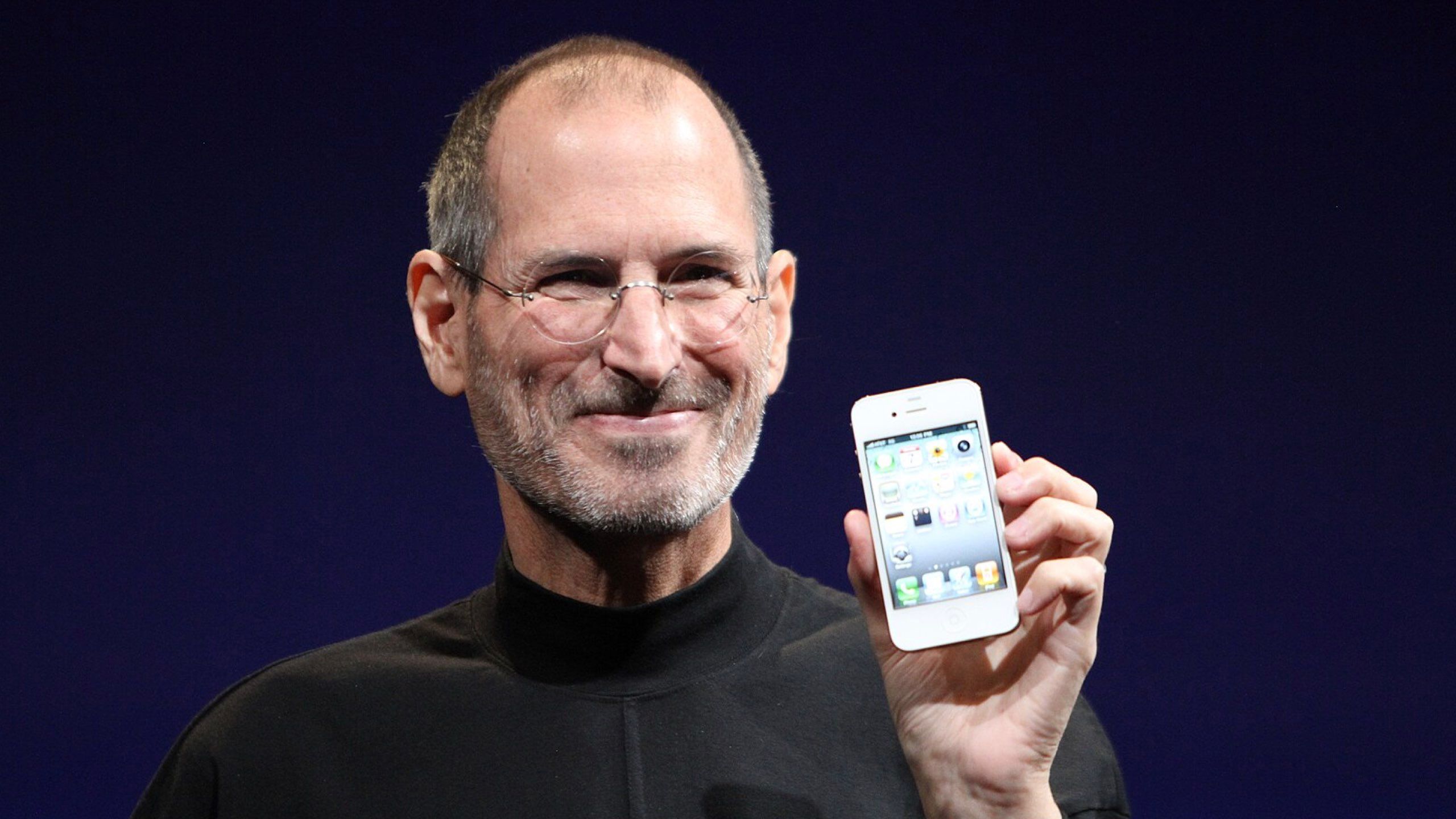
Key Takeaways
- Tim Cook has taken Apple to new heights, but his decisions, like the introduction of Apple Intelligence, may not align with what Steve Jobs would approve of.
- There have been many questions over the years about whether Jobs would approve of the product’s modern Apple releases.
- Jobs was a visionary who believed in maintaining control over user experience, making Jobs’ approval of ChatGPT integration unlikely.
It’s safe to say that Apple isn’t Steve Jobs’ company anymore.
Yes, much of Apple’s corporate DNA comes from Jobs’ time as CEO, but it’s Tim Cook, Apple’s current CEO, who propelled the tech giant into the global juggernaut worth over three trillion dollars that it is today. Apple recently announced Apple Intelligence and a ChatGPT integration coming to iOS 18 this fall. Yet, like so many decisions modern Apple makes, would Steve Jobs have been approved of the company’s current direction?
Related
Some Apple Intelligence features won’t arrive until 2025
You may have to wait a little longer to get some of the best Apple Intelligence features.
Who was Steve Jobs?
A tyrannical visionary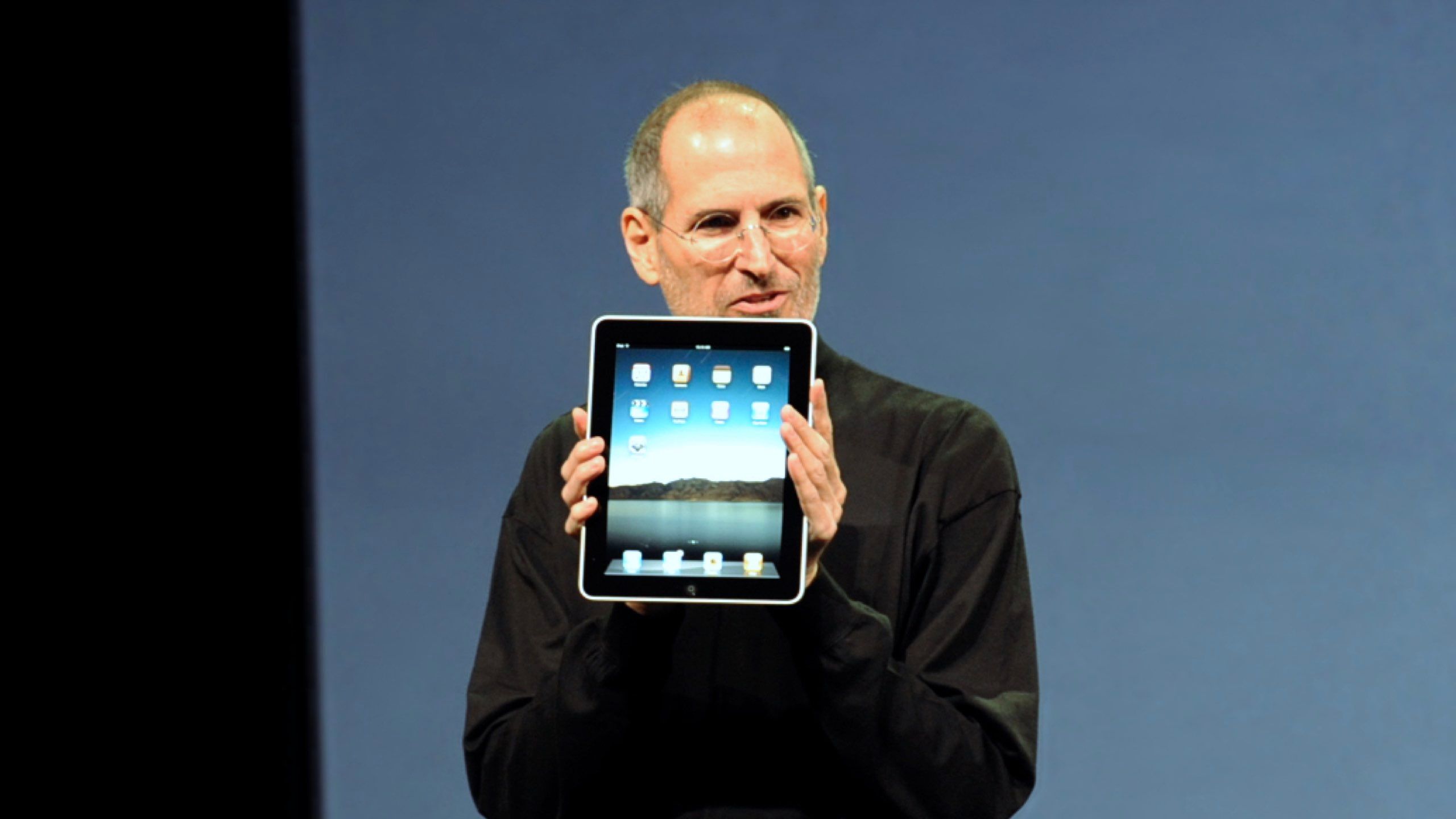
Steve Jobs is perhaps the world’s most well-known visionary and innovator. Jobs had a talent for identifying technologies passed over by others and utilizing them to create the future. He was a man who knew what people wanted years before they knew for themselves. Despite his impressive accomplishments, Jobs has also been remembered as a challenging person to work under and an executive with authoritarian tendencies and uncompromising passion.
Jobs is most famous for being one of the co-founders of Apple. Jobs, alongside Steve Wozniak, founded Apple in 1976. In 1985, Jobs was ousted from Apple — and after a twelve-year absence, he returned to the company in 1997. Upon Jobs’ return, Apple only had three months of cash left, yet somehow, he managed to turn the company around.
Lesser known about Jobs was that he was the single largest Disney shareholder upon his death, having sold Pixar to the House of the Mouse for $7.4 billion. Jobs also founded and ran the NeXT computer company from 1985 to 1997 until it was acquired by Apple, partly for its technology, primarily for Jobs himself. Jobs passed away on October 5, 2011, after battling pancreatic cancer since 2003. Following his death, Tim Cook took over as Apple’s CEO.
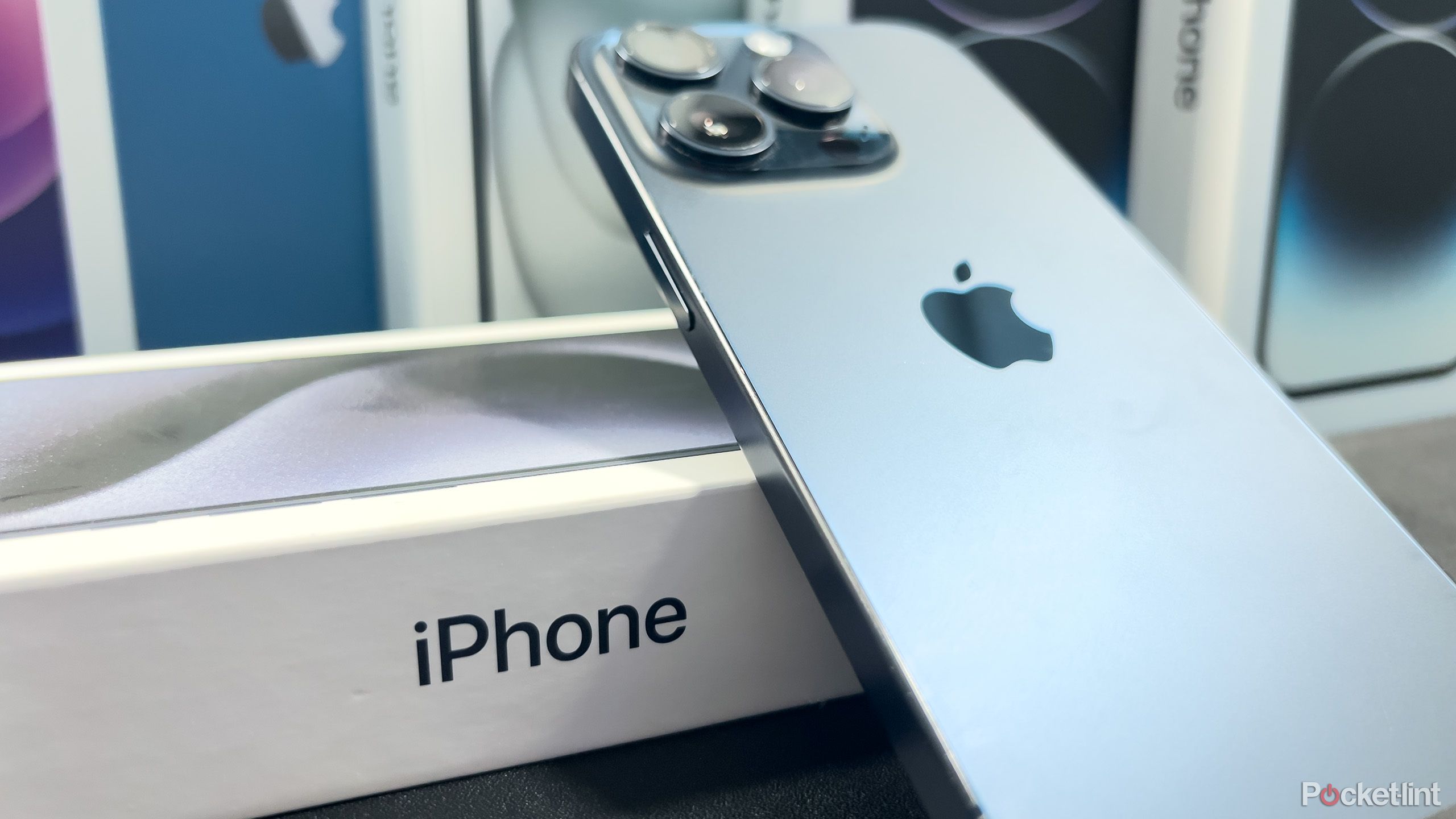
Related
How to know how much storage you need when buying a new iPhone
Internal storage or iCloud? We breakdown everything you need to consider regarding storage when buying a new iPhone
What is Apple Intelligence?
Artificial Intelligence but for Apple devices
Apple
Unveiled at Apple’s Worldwide Developers Conference (WWDC) on June 10, 2024, Apple Intelligence is the company’s new personal intelligence system for iPhone, iPad, and Mac devices. Apple Intelligence aims to use generative artificial intelligence (AI) models to improve your work through features like email summarization, document proofreading, and Siri understanding natural language speech, among many others.
Apple devices have long had Siri as a built-in digital assistant and the Shortcuts app to build workflows and automations to speed up repetitive tasks. Both have had their fair share of limitations. Unlike its Google counterpart, Siri is notorious for its inability to answer basic knowledge questions. While Shortcuts can be powerful, they’re also severely limited by developer-provided actions, Apple’s own APIs, and user knowledge. Apple Intelligence essentially has three layers: on-device, private cloud compute, and ChatGPT integration.
Apple
The Cupertino company prides itself on doing as much as it can in a privacy-preserving way — and it says that Apple intelligence is no different. Most requests will be completed on-device, leveraging everything your device knows about you, like your contacts, messages, and calendar events, to complete requested actions.
When a request is too complex to be completed on-device, it’s intelligently sent to Apple’s custom server infrastructure called Private Cloud Compute to complete it. Data sent to Apple’s private cloud compute servers is not viewable by Apple and is never stored. In situations where your request requires what Apple is calling “world knowledge,” essentially information not stored on your device, it may prompt you for permission to send your request to ChatGPT. Free to use, once approved, ChatGPT can hopefully answer your inquiry. After your request is completed, it’s deleted, with your data never being stored by OpenAI, ChatGPT’s parent company.
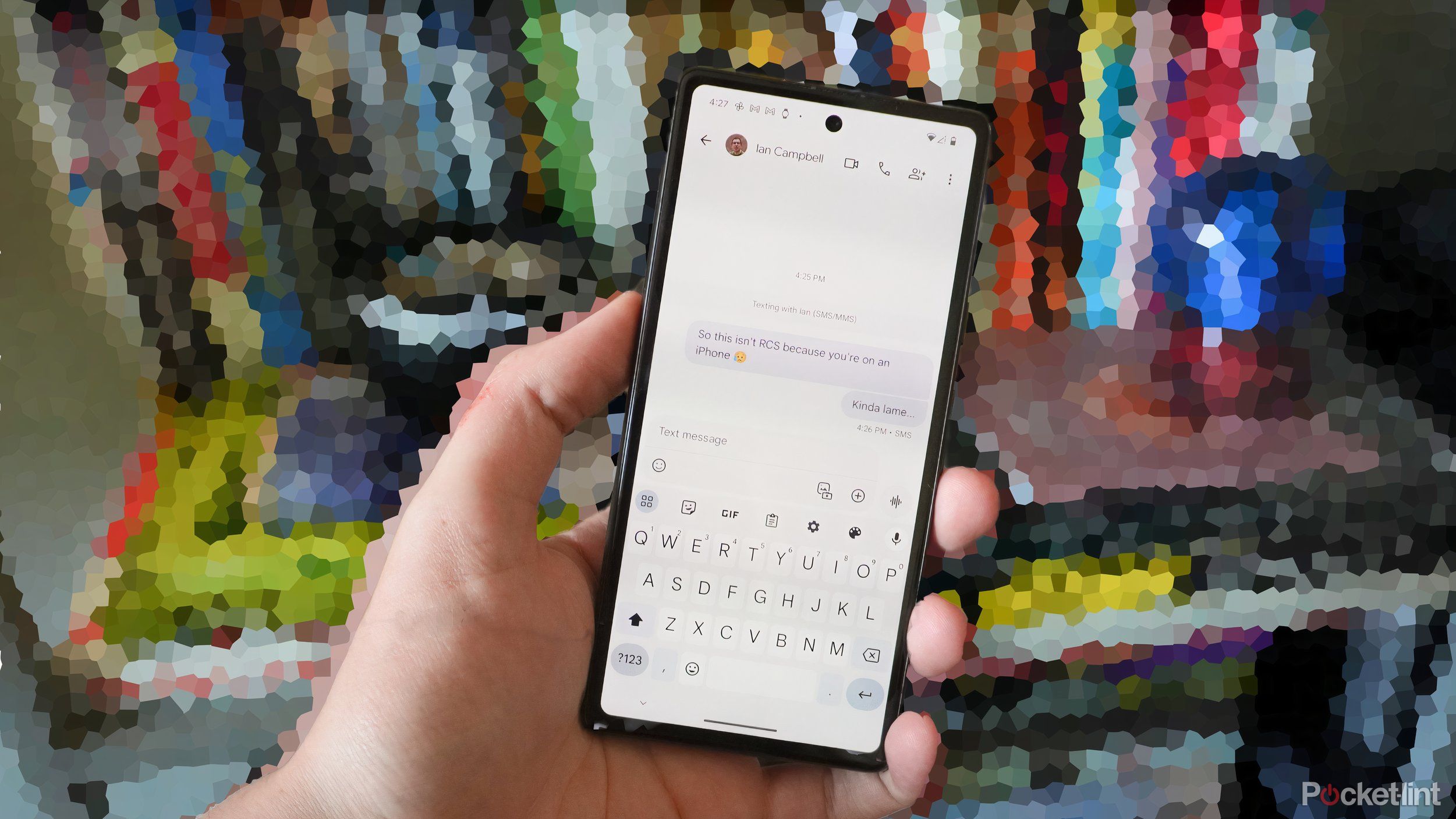
Related
What Apple’s RCS support means for your group chats
RCS support is officially coming to iPhones this fall, but that doesn’t mean you’ll get the same experience on iOS that you will on Android.
Previous Steve Jobs Questions
We always wonder
Every time Apple unveils a new product, Apple fans and pundits alike often ask if Steve would’ve made the same decision. While Apple was a successful company under Jobs, the tech giant ballooned under Cook, becoming the world’s first one-, two-, and three-trillion-dollar company. Many believe that Cook is too much of a profit maximizer compared to Jobs, who believed in making money, but not at the expense of worsening the user experience.
Here are but a few moments from history in which people question if Jobs would’ve made the same decision:
Larger iPhone Screens
Jobs famously mocked larger smartphone screens, being critical of a person’s inability to easily navigate a touchscreen with one hand if the screen is too large. Still, after seeing increased consumer demand for larger screens, Apple released the iPhone 6 and 6 Plus in 2014 with 4.7-inch and 5.5-inch displays, respectively. Many of us have come to enjoy larger screens but there’s still a segment of consumers who miss having smaller iPhones.
Stylus Support
Jobs was also known for being vehemently anti-stylus — or at least against needing to use a stylus. He believed a finger was the perfect stylus. In 2015, Apple released the first iPad Pro along with the Apple Pencil, causing mocking from many Apple purists who believed Jobs would’ve never approved it. It remains easily debatable that Jobs also could’ve found the Apple Pencil acceptable as you don’t require it to use an iPad; it’s just an accessory to enhance the experience.
Cheaper Devices
Jobs opposed the idea of entering the low-end of the device market. He firmly believed that Apple needed to maintain its premium brand image, and introducing more affordable models could tarnish that. Nevertheless, Apple released the iPhone 5C in 2013 and the first-generation iPhone SE in 2016, both attempts to supply lower-cost iPhones. Apple has also done its best to maintain a $329 entry-level iPad and $999 MacBook Air to appeal to more price-conscious consumers. Apple is still widely viewed as a premium brand despite offering a more comprehensive product price range.
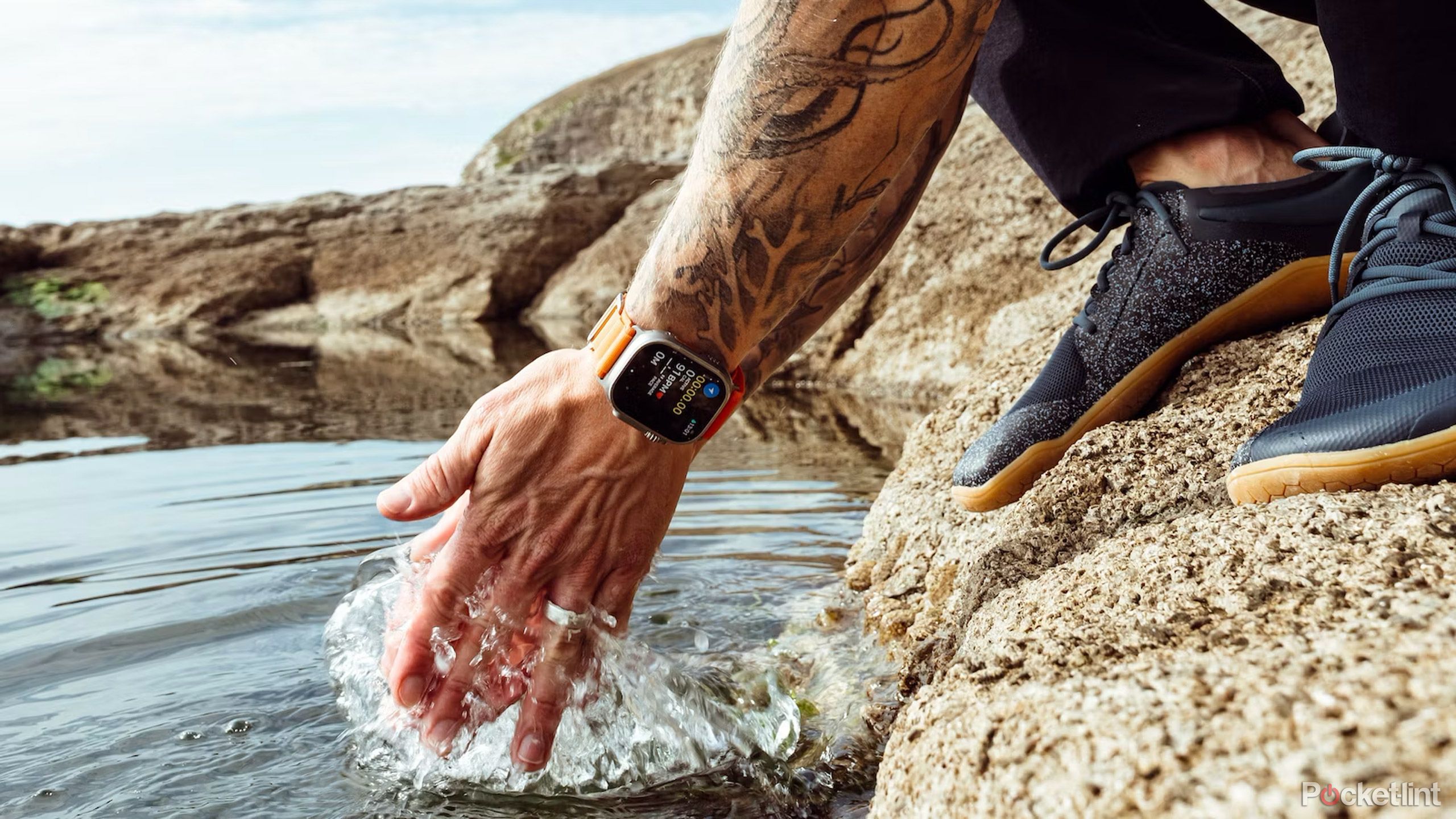
Related
Apple Watch Ultra 3: What we know so far
Expect an evolutionary upgrade instead of anything earth-shattering.
Would Steve Jobs like Apple Intelligence?
Some yes, and a lot of no
Tom Coates / Wikimedia
It’s impossible to honestly know what a dead person thinks of something happening today. Still, we can do our best to theorize based on Jobs’ words and actions from his time in charge of Apple. Jobs was always a forward thinker and was constantly amazed by new technologies. He surely would’ve seen the power AI could’ve had on people’s everyday lives. If Jobs were still around with his visionary mindset, perhaps Apple would be the leader in AI, not OpenAI. Jobs would still be interested in doing everything on-device and as private as possible.
While Jobs would’ve been fascinated by the on-device possibilities of Apple Intelligence and perhaps accepting of private cloud compute, he would’ve been outraged by the partnership with OpenAI. Yes, users and shareholders alike are clamoring for AI, and OpenAI’s ChatGPT is currently the leader. Still, Jobs believed strongly in maintaining control over the user experience. He would’ve despised sending user data to a third party and having it readily available within the operating system rather than developing the technology in-house.
Apple
Yes, the future will bring more AI integrations, and ChatGPT won’t be the only one — and yes, users will be prompted each and every time data is about to be set to ChatGPT — and also, yes, OpenAI is legally required to delete every user session and not store it. All of that doesn’t change the fact that Apple is introducing a third-party service readily in its operating systems, something Jobs would’ve been seething over.
Jobs was also a huge believer in Apple being at the crossroads of technology and the liberal arts. He wanted Apple products to be the tools of creatives. Much of the criticism AI tools face today is that they aren’t replacing the chores and tasks people hate doing; they’re attempting to replace the creative work many of us love, like writing, graphic design, and videography. On top of that, the models that are generating these “creative works” are often sourced from unlicensed and stolen data. It can’t help but feel contradictory that a company that has tied so much of its brand identity to empowering creatives is integrating services that are actively destroying its industry through theft and laziness.
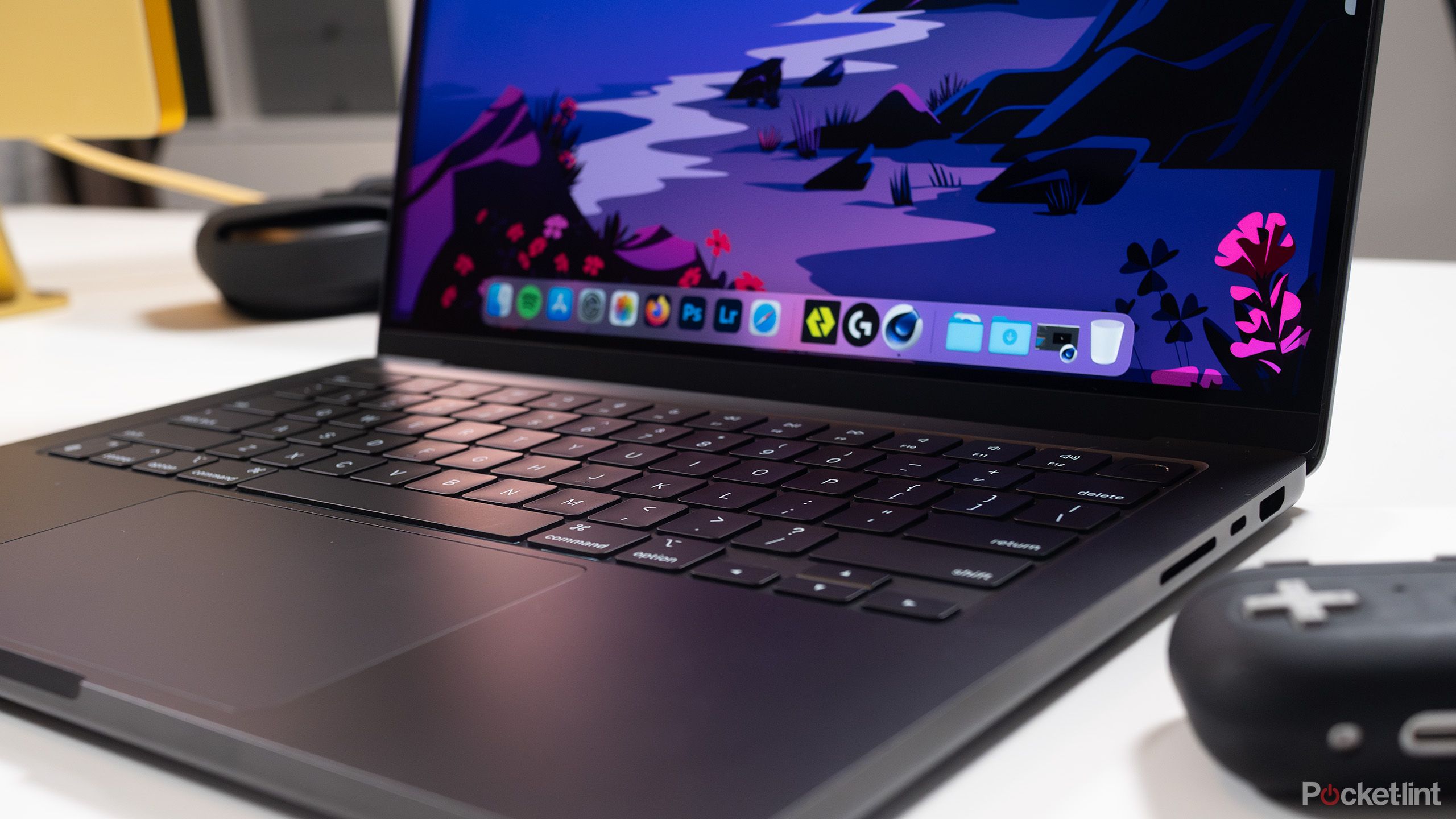
Related
Mac tips and tricks: 33 helpful hints you might not know
If you’re looking to get more out of your Mac, this round-up is for you.

